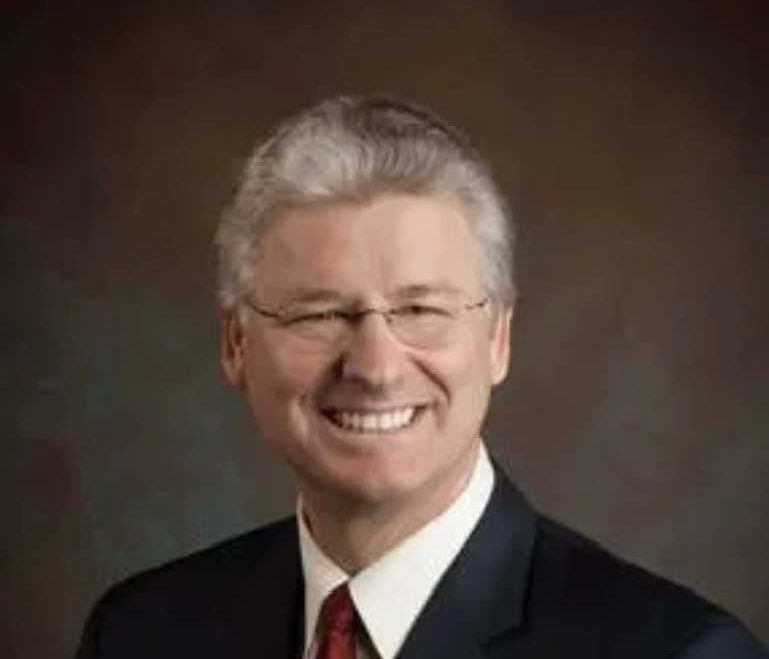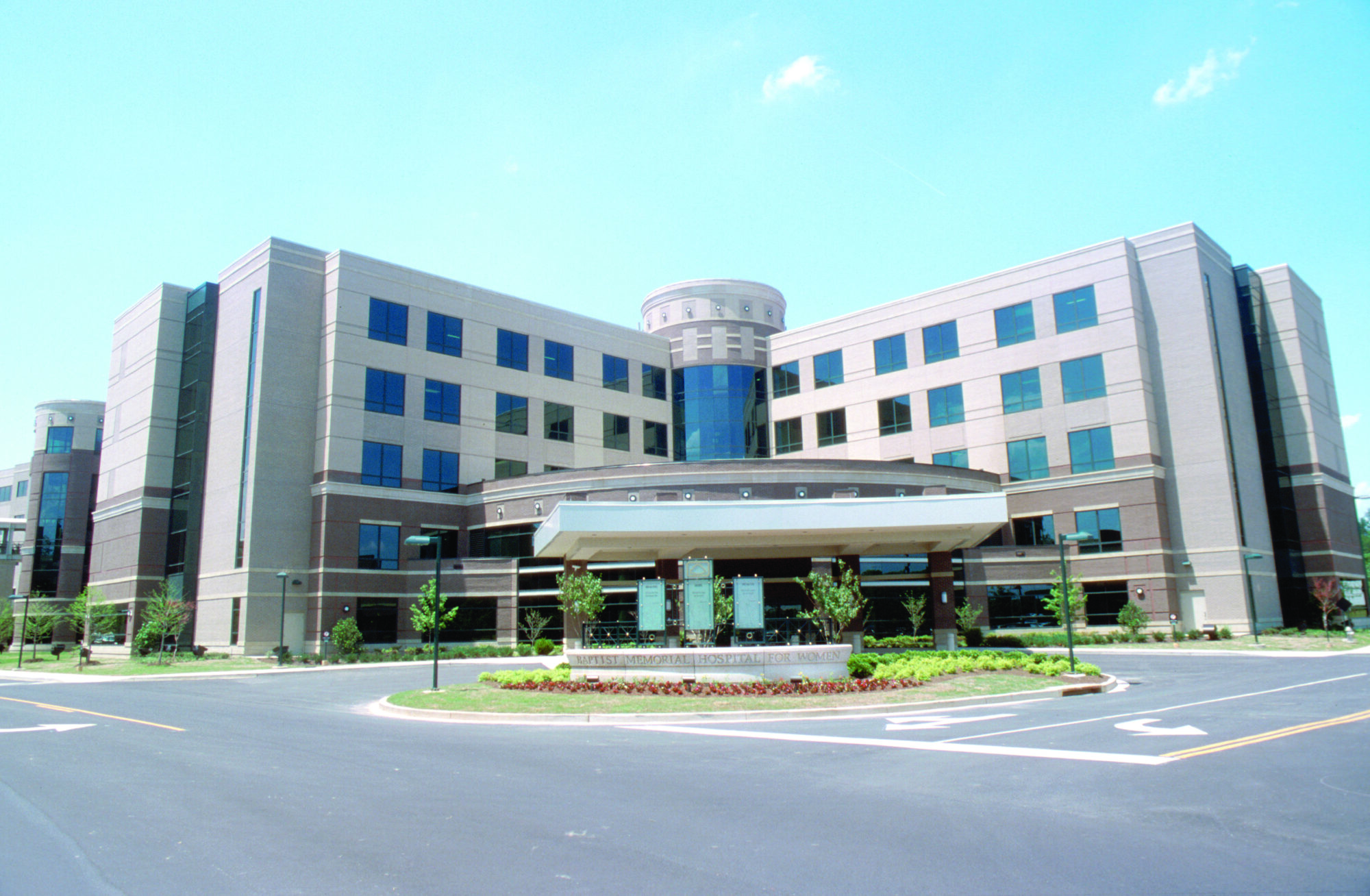
The new coastal restoration projects include revitalization of the Hancock County Fairgrounds, improvements to the Gulfport-Biloxi International Airport, a scenic trail along the Pascagoula River, an artificial reef project and a coastal education program for Mississippi high schools.
Fifteen new RESTORE Act projects totaling over $44 million have been approved on the Mississippi Gulf Coast. Governor Tate Reeves’ office made the announcement on Thursday.
According to the Governor, more than $227 million worth of restoration projects have been approved since Reeves took office. The projects were recommended to Governor Reeves by the Governor’s Gulf Coast Advisory Committee for his consideration and selection.
The list of projects include:
RESTORE Act Direct Component Funding (Bucket 1):
- Hancock County Fairgrounds Revitalization ($3.5 million) – for enhancement of site amenities.
- The Kiln Utility District and Fire District Kapalama Road Water Improvements ($1.9 million) – improvements to meet current and future water demands.
- Hwy 609 Washington Street Gateway Phase II ($5.5 million) – to construct pedestrian friendly features including sidewalks, a crosswalk, and landscaped median under Phase II from Old Fort Bayou to Highway 90.
- Point Cadet Marina Improvements Phase II ($5.5 million) – for improvements to the Point Cadet Marina to stimulate additional economic activity and redevelopment.
- Gulfport-Biloxi International Airport Construction Rehabilitation and Overhaul Facility ($6.6 million) – to construct an aircraft maintenance, repair, and overhaul facility and apron.
- Mass Audience Safety and Security Technology ($1.8 million) – to implement transformational security improvements to the Mississippi Gulf Coast Coliseum and Convention Center.
RESTORE Act Spill Impact Component Funding (Bucket 3):
- Invasive Species in Water ($1.1 million) – to reduce and remove invasive species in coastal waterbodies, marshes, and estuaries.
- Pascagoula River Scenic Trail ($2.7 million) – to establish a blueway and recreational improvements along the Pascagoula River for nature-based tourism.
- One Gulf One Goal Artificial Reef Project ($1.9 million) – to construct artificial reefs.
- Coastal Education Program in Mississippi High Schools ($1.32 million) – to enhance environmental science programs related to marine ecosystem education.
- Addition of Interactive Exhibit ($4.5 million) – at the Mississippi Aquarium for education and tourism.
- KHSA Taxilane Sierra Extension ($1.9 million) – to extend Taxilane Sierra at Stennis International Airport to allow for increased capacity and economic development.
- Classrooms and dormitories for the Center for Marine Education and Research ($2.7 million) – to construct dormitory and classroom facilities to promote teaching and research at the Institute of Marine Mammal Studies.
- Working Waterfront and Commercial Seafood Harbor Project Phase II ($2.2 million) – supports the development of a working waterfront in D’Iberville.
- Natural Gas Improvements ($1.1 million) – City of Waveland to replace natural gas line.
“These projects will make our Gulf Coast an even better place to live, work, and raise a family,” said Governor Tate Reeves.
The Mississippi Department of Environmental Quality (MDEQ) Office of Restoration leads the state’s restoration efforts resulting from the Deepwater Horizon oil spill in 2010.
In July 2012, Congress passed the Resources and Ecosystems Sustainability, Tourist Opportunities, and Revived Economies of the Gulf Coast States Act (RESTORE Act) in response to the Deepwater Horizon oil spill. The RESTORE Act dedicates 80 percent of all administrative and civil penalties related to the Deepwater Horizon spill to a Gulf Coast Restoration Trust Fund and outlines a structure by which the funds can be utilized to restore and protect the natural resources, ecosystems, fisheries, marine and wildlife habitats, beaches, coastal wetlands, and economy of the Gulf Coast region.
“Seeing the economic and environmental impacts of these projects on our beautiful coast is one of the most rewarding parts of my job,” said Chris Wells, MDEQ Executive Director, in a statement announcing the 15 new projects. “And for each project there are so many peripheral and indirect impacts that can’t necessarily be seen but are certainly there and are just as important as the direct impacts. We appreciate the Governor’s direction on these projects and look forward to getting them launched.”











